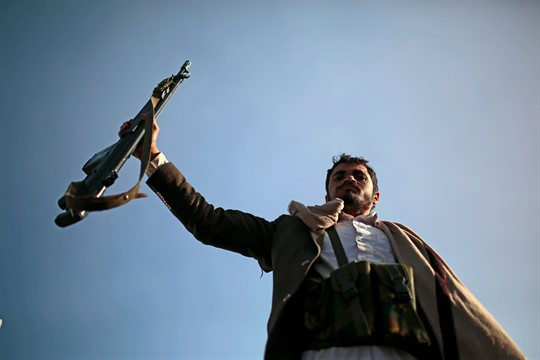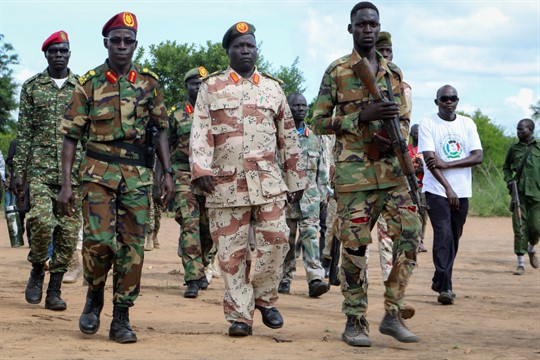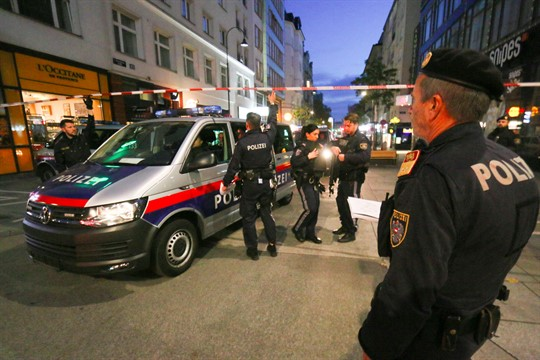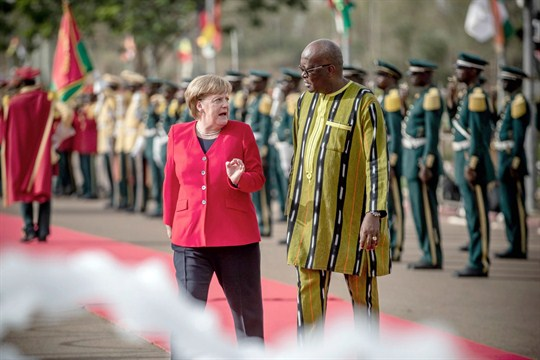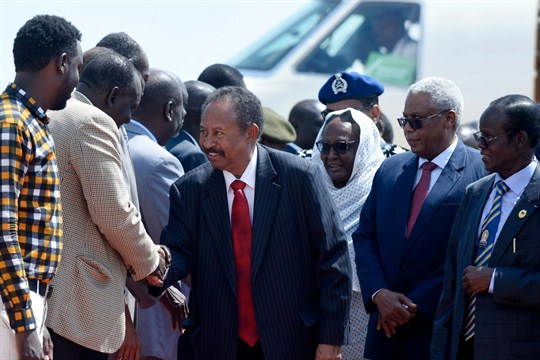CENTCOM chief warns children risk radicalization at Syrian al-Hol camp
Gen. Kenneth “Frank” McKenzie said radicalization would remain a problem unless countries repatriate and reintegrate the children of suspected Islamic State fighters.
The head of US forces in the Middle East warned that displacement camps run by US-backed Kurdish forces in Syria will breed a new generation of Islamic State (IS) fighters if foreign governments don’t repatriate their stranded nationals.

